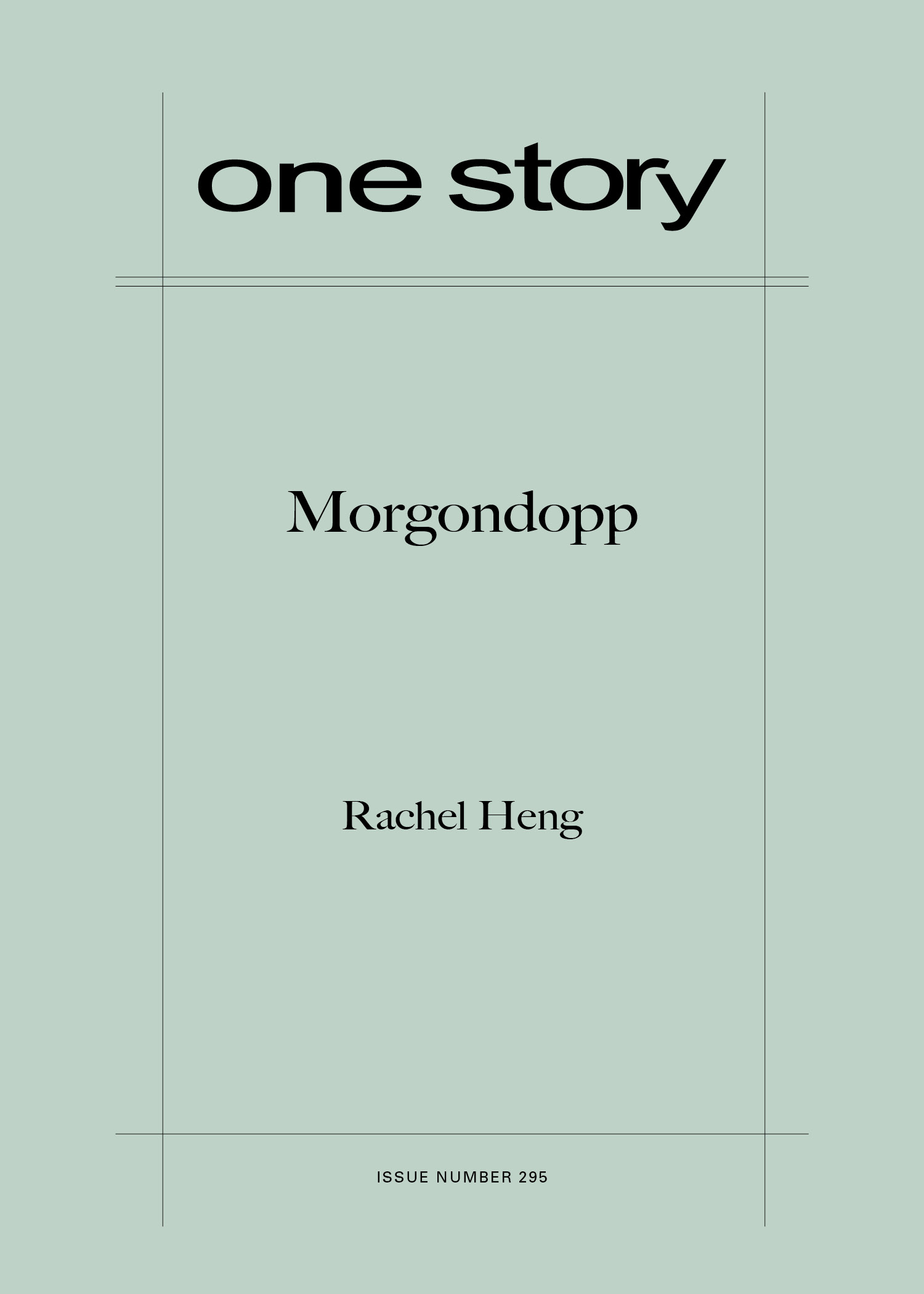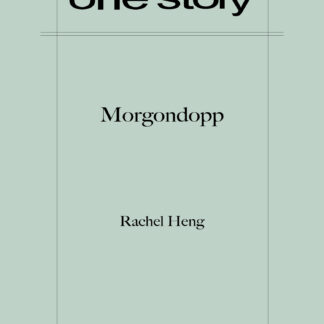
Morgondopp
$2.50
99 in stock
Excerpt
Gunilla first met the strange man on the brygga, which had been renovated just last year with new wooden boards and comfortable benches. All to go with the sauna that had finally been completed, a seven-year-long project in the making, since the small town on the lip of this Swedish coast had taken a long time to make up its mind if it wanted to be the type of place with a seafront sauna.
By the time Gunilla met the man, many would have considered it too late. Oh, she was healthy enough, would celebrate her seventieth birthday next year no doubt surrounded by friends and nieces and whoever she cared to invite. Not her husband—her husband was dead. This was why, after decades of glorious summers, they had relocated permanently to their vacation home in this town, to see his slow cancer through. Now it was through, and William buried in a churchyard up north with his mother and brothers, and Gunilla alone on the brygga one morning in October, the Baltic sea silent and silver before her.
Rachel Heng
Rachel Heng is the author of the novels The Great Reclamation (forthcoming from Riverhead) and Suicide Club (Henry Holt, 2018), which has been translated into ten languages worldwide. Rachel’s short fiction has been published in The New Yorker, McSweeney’s Quarterly, Best Small Fictions, Best New Singaporean Short Stories and elsewhere. She is currently an Assistant Professor in English at Wesleyan University.
Patrick Ryan on “Morgondopp”
Our new issue is my favorite kind of love story—one fraught with uncertainty. And it turns out the author, Rachel Heng, didn’t know her story would have any sort of romantic angle when she started writing it. As she says in our Q&A, it wasn’t until she wrote the line, I fell in love with your elbows, that she knew what “Morgondopp” would, in part, be about.
Gunilla is an elderly widow in Sweden who’s out for her daily swim when she spies a new swimmer: a Southeast Asian man who, it turns out, has a soothing, protective presence. He also has a dramatically troubled past she can neither touch nor scarcely imagine: he spent decades in isolation as a political prisoner in Singapore.
Imagine bringing that to the table, when you’re starting a new relationship. But are they starting a relationship? Or are they just there for each other—for now? Gunilla doesn’t know, nor does she know how to ask; she only knows that she wants to understand him, and love him, and hold him. But how do you hold someone who’s been held against his will for half his life?
One Story is delighted to be publishing “Morgondopp,” a very uncertain kind of love story by the author of Suicide Club, Rachel Heng. We hope you enjoy it as much as we did.
Q&A by Patrick Ryan
- PR: Where did you get the idea for this story?
- RH: Growing up in Singapore, I had heard about people who’d been detained by the government. One of the most memorable cases was former politician Chia Thye Poh, who had been detained between 1966 and 1989 under the Internal Security Act, and was for some years after confined to the island of Sentosa, a tourist resort off the southern coast of Singapore. His story has stuck in my mind for many years. He was released in 1997 and I always wondered, how do you go on living life after something like that? How do any of the people who have been detained in such a shroud of secrecy go on living after? So the first seed of this story came from imagining a character who has been through something like that, who is later released and must go on living life normally. Everything else—Gunilla, the setting of southern Sweden—followed after.
- PR: How long did it take you to get a draft you were happy with?
- RH: I wrote the first draft fairly quickly, in about two weeks, but it then took another four months to expand and revise to a draft that I felt was complete.
- PR: Gunilla is one of the quietest and mildest characters I’ve encountered in a while, yet she possesses such strength and agency. I found her a fascinating character to play off that of the man, who is so accustomed to solitude. Were there any surprises for you, as the two of them began to interact?
- RH: When I first started writing, I knew the man’s history—why he was there, why he was swimming—and I knew Gunilla would connect with him in some way, but I wasn’t sure how or why. I could just see them standing there on the dock, Gunilla watching him, the empty sea all around them. Two people isolated in their own way. I did not actually know that it would be a romantic connection until I wrote the line “I fell in love with your elbows.” So all of it was surprising to me really.
- PR: Did you have a sense, before you started “Morgondopp,” roughly how many pages you might need to tell the story? That’s something I never know, going in. Will this one be short? Long? Each and every time, I just have to wait and see.
- RH: I did not, but most of my stories tend to run fairly long, and this was no exception!
- PR: Do you know what happens past the ending? (You can just say “yes” or “no” and nothing more!)
- RH: Yes, I think I do.
- PR: Try to complete this sentence with one word: “‘Morgondopp’ is about __________.”
- RH: Loneliness, beauty, what it means to be free.
- PR: What are you working on now?
- RH: I am in the very early stages of a new novel. Early enough that I can’t talk about it yet, for the fear of scaring it away.
- PR: What’s the best piece of writing advice you’ve ever received?
- RH: I was very fortunate to have studied with the inimitable Elizabeth McCracken. During my MFA, I would often go to her office when I was working on something and ask her if she thought writing some element—plot, character, style—a certain way would work. Maddeningly she would always shrug and say “Maybe!” Her point being that she and I would only know once I had written it. There was no way to think myself into a solution; the process was winding and messy and that was the work. So I often remind myself of that when I get stuck thinking about whether something “should” be one way or another, will it work, can I pull it off, etc. I hear Elizabeth’s voice in my head: “Maybe!” The only way to find out is to get back to work.
